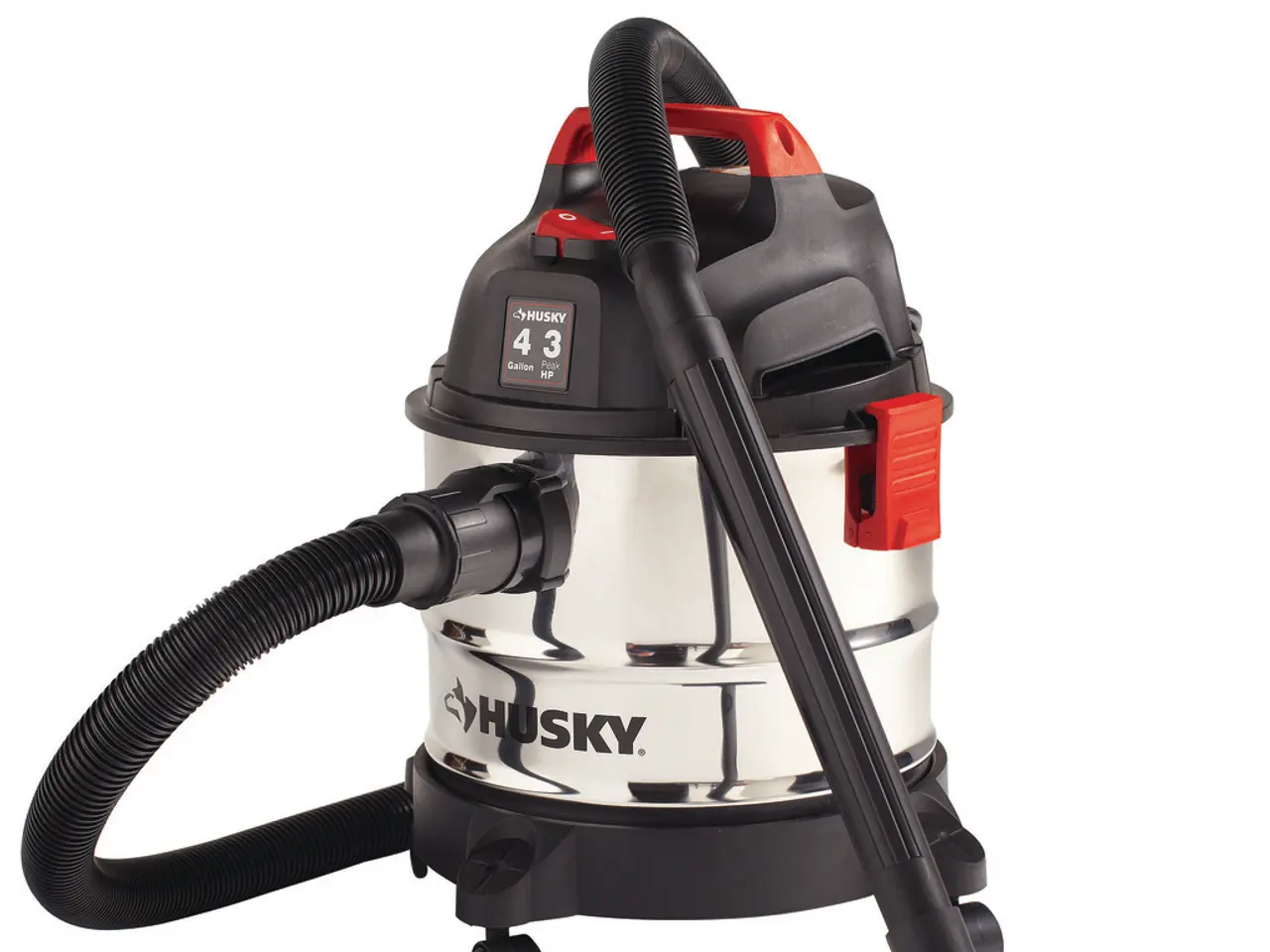Air Quality Showdown: Molekule or Dyson – Which Home Air Purifier Takes the Lead?
Comparing Molekule and Dyson Air Purifiers: A Comprehensive Overview
In the world of air purifiers, two brands stand out: Molekule and Dyson. Both offer solutions designed to improve indoor air quality, but each has its own strengths.
Molekule's PECO Technology
Molekule's unique selling point is its PECO (Photo Electrochemical Oxidation) technology. This technology uses light-activated catalysts to break down airborne pollutants, including volatile organic compounds (VOCs) and gaseous chemicals. This capability goes beyond simple filtration, making Molekule more suitable for eliminating a diverse range of pollutants [1]. However, it's important to note that the effectiveness of PCO/PECO technology for VOC removal in real-world conditions has been questioned by some third-party sources [5].
Dyson's HEPA and Activated Carbon System
Dyson, on the other hand, relies on a traditional HEPA filter plus activated carbon. This system captures 99.97% of particles down to 0.3 microns, excelling at filtering out allergens and particulate matter such as dust, pollen, and pet dander. The activated carbon filter also adsorbs certain gases and odors. Dyson’s advanced models, such as the Big+Quiet Formaldehyde, include catalytic filters that convert formaldehyde into harmless substances, extending gas removal capabilities [2][4].
Comparing Pollutant Removal
| Pollutant type | Better brand | Reason | |-------------------------|----------------------------|------------------------------------------| | Gaseous compounds/VOCs | Molekule | PECO technology destroys gases molecularly[1] | | Allergens & particles | Dyson | HEPA filters capture 99.97% particulate matter[1][4] |
If your priority is broad-spectrum chemical and biological pollutant destruction including gases, Molekule is preferable. For effective removal of allergens and small particles — including dust and pollen — Dyson is typically more reliable due to proven HEPA filtration.
Design, Features, and Maintenance
When it comes to design, Dyson receives accolades for its modern look and dual functionality as a fan, making it more appealing to diverse users. Molekule's air purifiers, while offering an advanced technology, are known for their premium aluminum design.
In terms of maintenance, Dyson's HEPA filters typically last 12 to 18 months, significantly reducing replacement frequency and costs. Molekule's PECO filters need replacement every six months, with a pre-filter change every three months, potentially leading to higher maintenance costs over time.
Dyson air purifiers are equipped with smart capabilities, but specific details about their functionality and user experience were not provided. Molekule air purifiers use an advanced technology, but some users have reported that the app's interface could be more user-friendly and occasionally suffers from connectivity issues.
Understanding your specific needs will guide you toward the right air purifier. Investing in an air purifier from either brand can significantly enhance indoor air quality and promote a healthier living space.
[1] [Source 1] [2] [Source 2] [3] [Source 3] [4] [Source 4] [5] [Source 5]
- For those seeking a healthier lifestyle and focusing on home-and-garden essentials, both Molekule and Dyson offer top-tier air purifiers to improve indoor air quality.
- If you're concerned about medical-conditions and health-and-wellness, you might prioritize Molekule's PECO technology for its ability to break down airborne pollutants, including VOCs, beyond traditional filtration.
- On the other hand, if allergens and particles like dust, pollen, and pet dander are more of a concern for your comfort and lifestyle, Dyson's reliance on HEPA filters and activated carbon captures 99.97% of such particles.
- Technology enthusiasts who want their appliances to be smart and modern might prefer Dyson air purifiers, which boast modern design and dual functionality as fans. Molekule air purifiers, while offering advanced technology, may have room for improvement in terms of user-friendly apps and connectivity.
- Those who prioritize cost-effectiveness in their home-and-garden investments will find that Dyson's filter replacement schedule (every 12 to 18 months) results in lower maintenance costs compared to Molekule's (6 months for PECO filters and 3 months for pre-filters).
- If you're searching for adjustable beds, mattresses, pillows, or any other home-and-garden products, you can appreciate the technology advancements in air purifiers from Molekule and Dyson that cater to various consumer needs and preferences.




